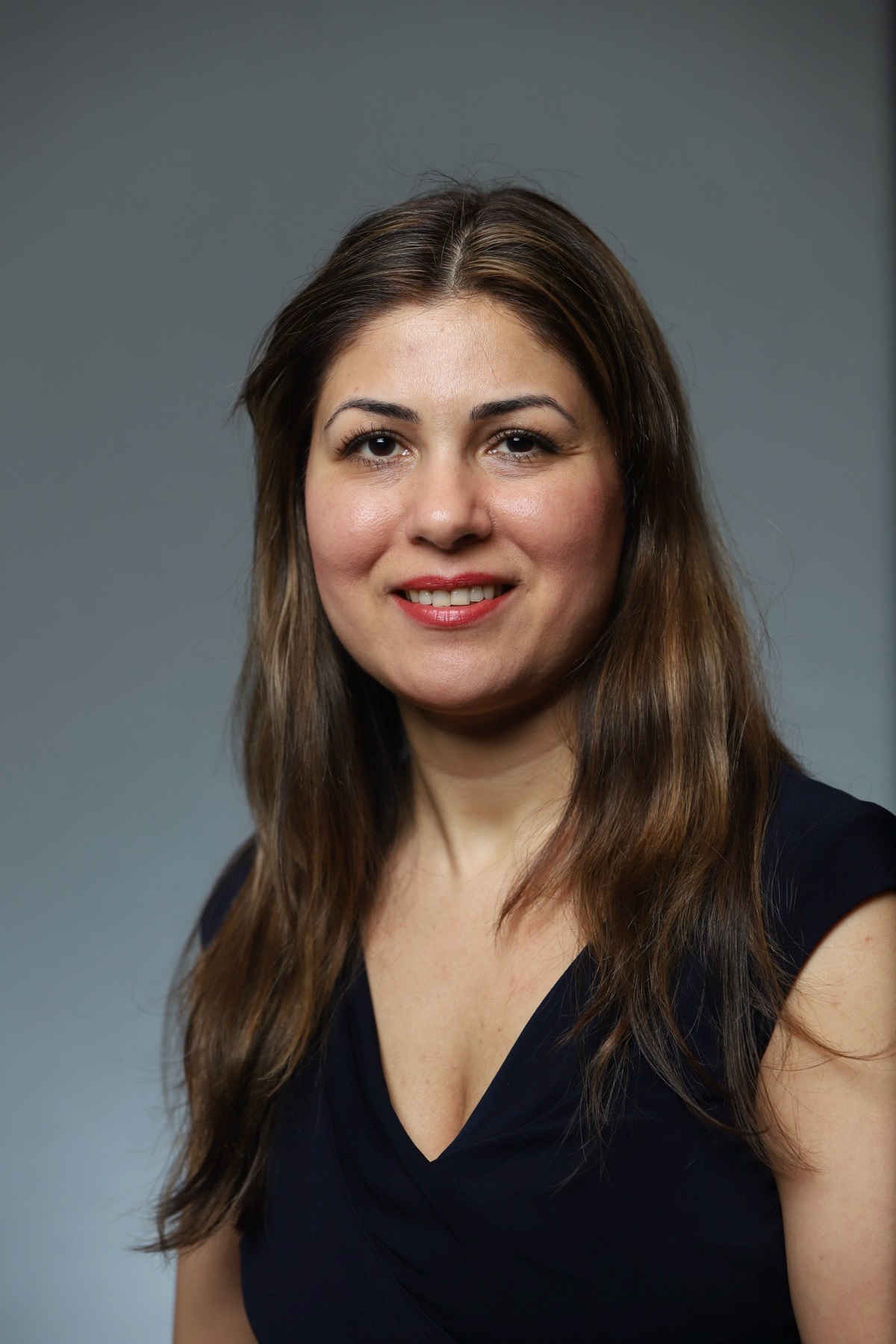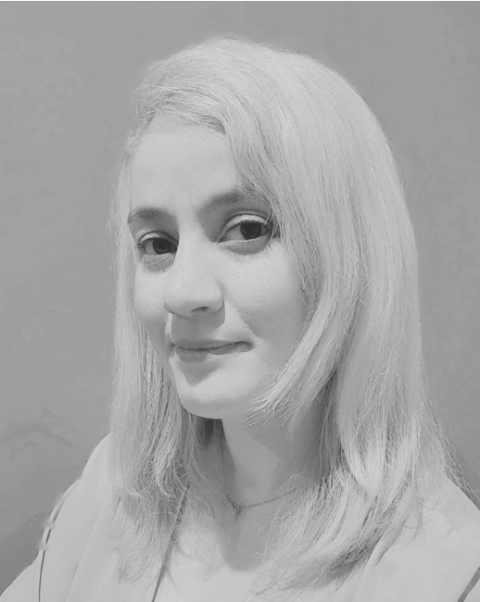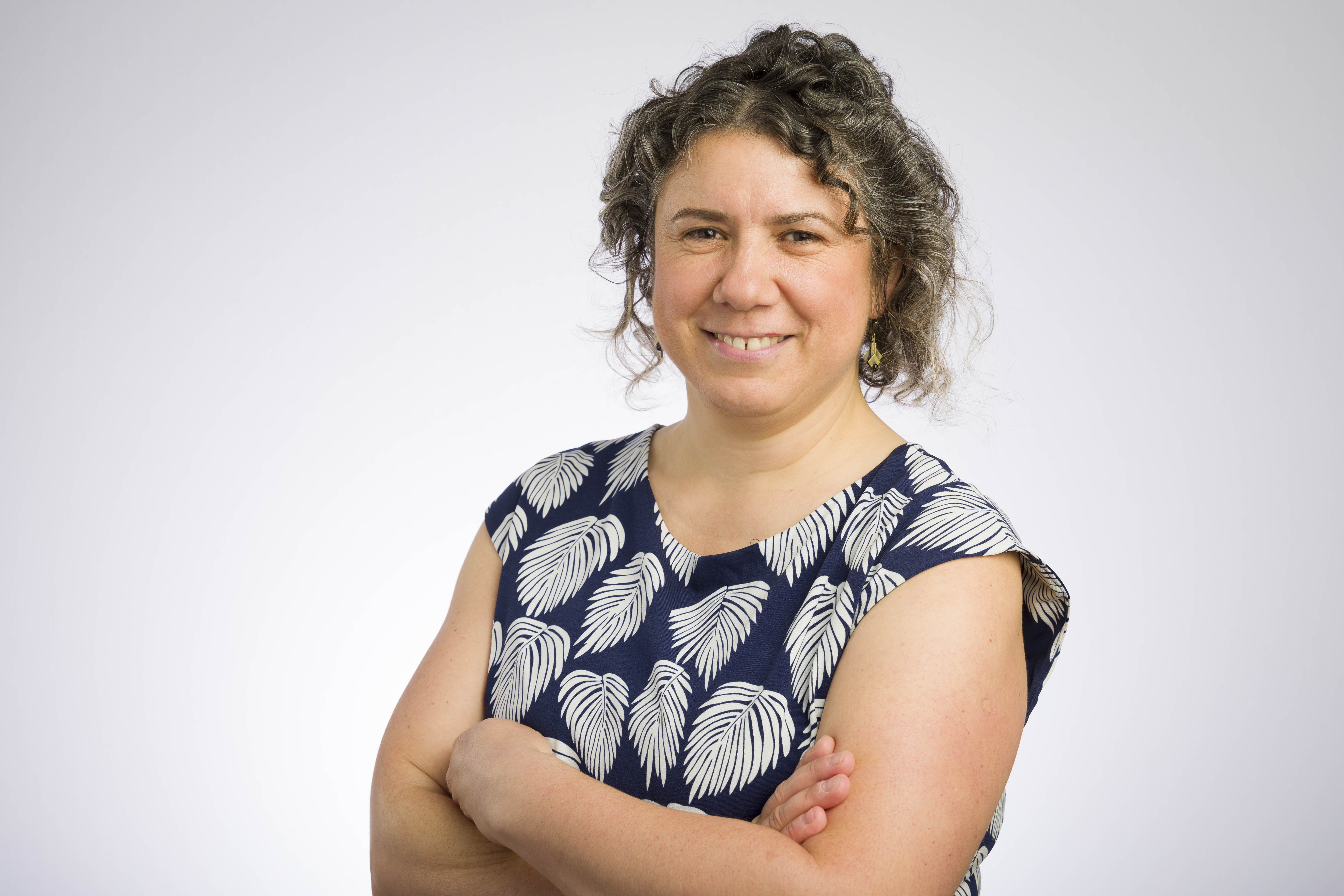Dr Farzaneh Salem

Speaker: Dr Farzaneh Salem, GlaxoSmithKline
Talk title: Step-by-Step Advancement of PBPK Modelling for Oligonucleotides
Biography: Dr Farzaneh Salem joined GSK team in 2021 an Associate Director specializing in PBPK modelling within the field of Drug Metabolism and Pharmacokinetics (DMPK) at GSK. She has made significant contributions to various projects, including special populations (Renal impairment, paediatrics, pregnancy and coeliac disease), vaccine programs, respiratory products, peptides and mAbs, dermal products and new modalities such as oligonucleotides and protein degraders (PROTACs).
Before joining GSK, Farzaneh served as a senior scientist and paediatric team leader at Simcyp, Certara UK. During her time there, she played a leading role in the research and development of mechanistic ADME and PBPK models, particularly focusing on preterm, paediatric and pregnancy ontogeny profiles. She also gained extensive experience through consultancy projects and regulatory submissions. Additionally, she led several workshops and provided training in her role at Simcyp.
Farzaneh completed her PhD at the university of Manchester under Prof Amin Rostami-Hodjegan in modelling drug-drug interaction in paediatrics.
Dr Zahra Rattray

Speaker: Dr Zahra Rattray, Strathclyde Institute of Pharmacy and Biomedical Sciences
Talk title: Correlating antibody-drug conjugate quality attributes with biological performance
Biography: Zahra is a pharmacist, based in the Strathclyde Institute of Pharmacy and Biomedical Sciences, with a combined industry and academic experience of drug development for complex medicines. She leads an interdisciplinary laboratory exploring the critical quality attributes of bionanotherapeutics and their impact on biological fate. Over the last 15 years, Zahra has collaborated with chemists, clinicians and biologists from academia, industry and government sectors. Zahra’s contributions to the pharmaceutical and analytical sciences community has been recognised by the award of Fellowship of the Academy of Pharmaceutical Sciences (APS), being listed as an International Federation of Pharmacy Women in Science and Education rising star, recognition by the Saltire society 40 under 40, and her appointment as Academic in Residence to the Laboratory of the Government Chemist National Measurement Laboratory.
Professor James Dear

Speaker: Professor James Dear, University of Edinburgh
Talk title: Safety and cell therapy trials – example from a Phase 1 Trial
Biography: Professor Dear is a Clinical Toxicologist performing translational research, taking clinical problems across the scientific-clinical interface, identifying solutions and applying new ideas in patients. As an example of delivering research that has a meaningful impact on human health, Professor Dear was part of the team that developed a shorter 12-hour treatment regimen with the antidote acetylcysteine (“SNAP”) for paracetamol overdose, and in a randomised clinical trial found it to result in fewer adverse drug reactions (ADRs) and be as effective at preventing liver injury as the standard 21-hour treatment. TOXBASE, the UK’s primary authority on poisoning cases, was updated to recommend SNAP in April 2020, meaning that all approximately 50,000 annual hospital admissions for paracetamol overdose can now be treated according to the SNAP regimen. This translates to savings of up to $10,000,000 every year.
Dr Ritwick Sawarkar

Speaker: Dr Ritwick Sawarkar, MRC Toxicology Unit/University of Cambridge
Talk title: Mechanistic basis of toxicity of Anti-sense Oligonucleotides
Biography:Ritwick studied Microbiology and Biochemistry in Mumbai (India) and obtained his PhD in 2010 from Indian Institute of Science, Bangalore. Ritwick then moved to the Department of Biosystems Science and Engineering of ETH-Zürich in Basel (Switzerland) as a postdoctoral fellow with Renato Paro. In 2014, Ritwick started his own independent group at the Max Planck Institute of Immunobiology and Epigenetics in Freiburg (Germany), before moving to the MRC Toxicology Unit in 2019. Ritwick received the ERC Consolidator Grant in 2018 and Alfred Tissières Young Investigator Award in 2019.
Monica Rodrigo

Speaker: Monica Rodrigo, AstraZeneca
Talk title: Promises and Risks of Targeted Protein degraders, a Safety perspective
Biography: Monica Rodrigo joined AstraZeneca in 2019 with over 15 years of experience in the ubiquitin field. She received her PhD from UCSF in San Francisco, California, where she studied the Anaphase Promoting Complex, a megadalton E3 ubiquitin ligase, and the role that the E2 ubiquitin conjugating enzymes play in ubiquitin chain extension. She came to the UK for her postdoc at the LMB in Cambridge, where she studied the ubiquitin-dependent degradation of mislocalized membrane proteins. Prior to joining AZ, she was a principal laboratory research scientist at the Francis Crick Institute, working on DNA repair mechanisms. She joined the PROTAC Safety team in Clinical Pharmacology and Safety Sciences in 2019, helping to shape the safety strategy for targeted protein degraders.




